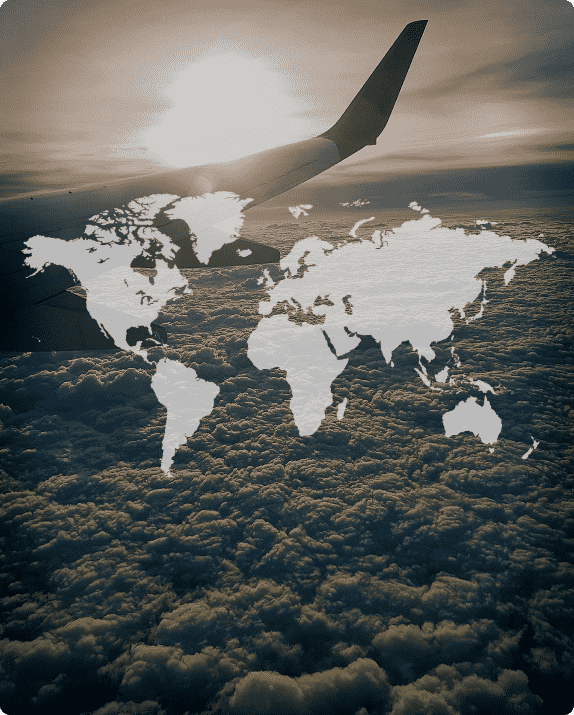All About Europe
Europe is a continent rich in history, cultural diversity, and economic power. Bordered by the Arctic Ocean to the north, the Atlantic Ocean to the west, and the Mediterranean Sea to the south, it features a variety of climates and landscapes. Europe has been home to influential civilizations like the Greeks and Romans, and has seen significant periods such as the Middle Ages, the Renaissance, and the modern era shaped by events like the Industrial Revolution and the World Wars.
Key landmarks include the Eiffel Tower in France, the Colosseum in Italy, and the Acropolis in Greece, while major cities like London, Paris, Berlin, and Rome are renowned for their historical and cultural significance. Europe is well-connected by extensive transportation networks, making it a popular destination for tourists. Despite facing challenges like economic disparities and migration issues, Europe remains a continent of great global influence and cultural wealth.
Geography and Climate
- Geography: Europe is the second smallest continent, bordered by the Arctic Ocean to the north, the Atlantic Ocean to the west, the Mediterranean Sea to the south, and Asia to the east. It includes a wide range of geographical features, from the Scandinavian Peninsula to the Alps and the vast Eastern European Plain.
- Climate: Europe experiences a variety of climates, including maritime climates in Western Europe, Mediterranean climates in Southern Europe, and continental climates in Eastern Europe.
Landmarks and Attractions
- Historical Sites: Famous landmarks include the Eiffel Tower in France, the Colosseum in Italy, and the Acropolis in Greece.
- Natural Wonders: Europe boasts diverse natural attractions like the fjords of Norway, the Swiss Alps, and the beaches of the Mediterranean.
- Cultural Institutions: Europe is home to world-renowned museums, galleries, and theatres, such as the Louvre in Paris, the British Museum in London, and La Scala in Milan.
Major Cities
- London: The capital of the United Kingdom, known for its historical sites, cultural institutions, and vibrant urban life.
- Paris: France's capital, famous for its art, fashion, and landmarks like the Eiffel Tower and the Louvre Museum.
- Berlin: Germany's capital, known for its history, culture, and dynamic arts scene.
- Rome: Italy's capital, rich in history with sites like the Colosseum and the Vatican City.
Travel and Tourism
- Transportation: Europe has an extensive and efficient transportation network, including high-speed trains, budget airlines, and well-connected highways.
- Tourist Destinations: Popular destinations include the Mediterranean coast, the historic cities of Central Europe, and the scenic landscapes of Scandinavia.
Modern Europe
- Political Landscape: Europe is known for its political diversity, ranging from the monarchies of the United Kingdom and Spain to the republics of Germany and France.
- Social Welfare: Many European countries have robust social welfare systems, providing healthcare, education, and social security.
- Challenges: Europe faces challenges such as economic disparities between regions, migration issues, and the impact of Brexit.
Europe's blend of historical depth, cultural richness, and modern innovation makes it a continent of great significance and a popular destination for travelers worldwide.
